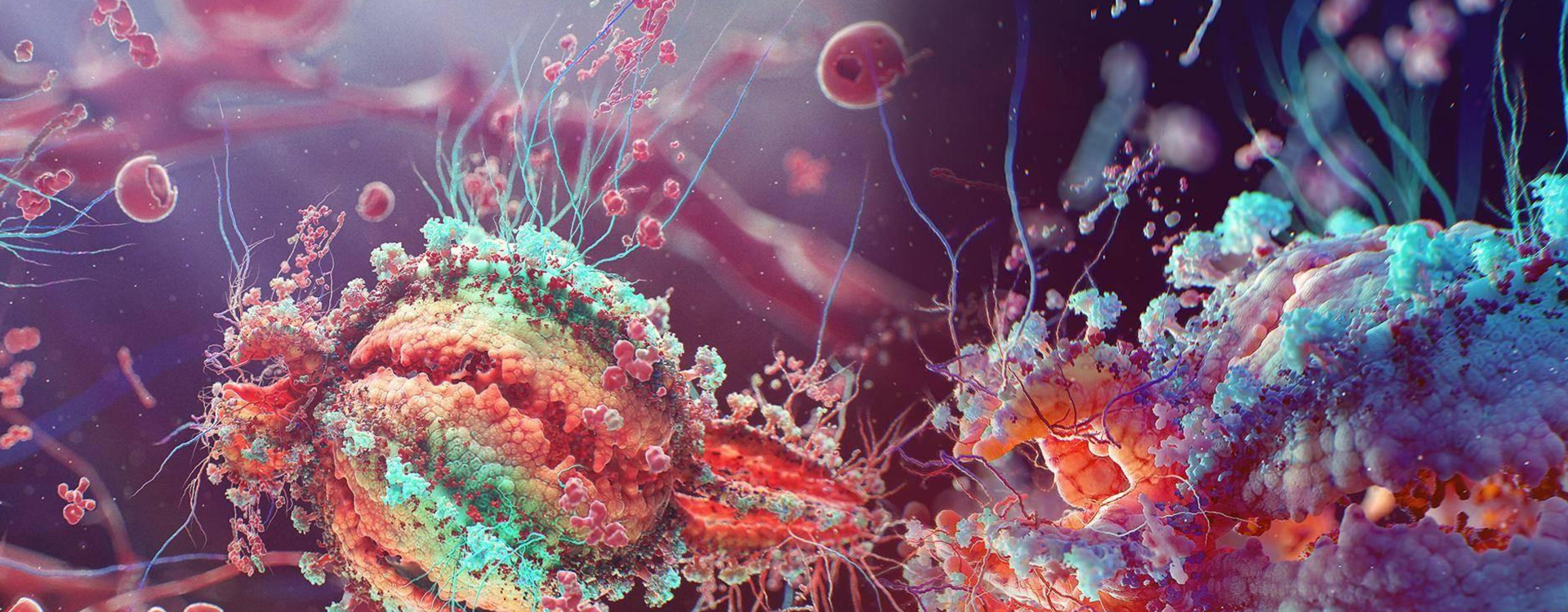Seminar Details
Type 2 diabetes(T2D), recognized as chronic hyperglycemia, continues to be a global health concern, with rising prevalence and severe socioeconomic expenses. While existing pharmacotherapies attempt to control blood glucose levels and minimize complications, challenges come with their high cost, side effects, and narrow therapeutic window. Hence, there is a pressing need for novel treatment options to address the disease&rsquos intricate pathogenesis. As the primary site for nutrient sensing and absorption, Drosophila gut closely resembles mammalian intestinal function, responding dynamically to dietary changes such as a high sugar diet (HSD). In the current study T2D flies were generated by feeding 35% sucrose in the diet. Various intestinal dysfunctions associated with T2D were studied further alongside exploring different target based nutraceuticals treatment approaches. To target the gut metabolic dysfunctions, HSD flies were treated with a combination of leucine and glutamine in optimal doses for 7 days, which reduced their glucose level. In amino acid treated HSD flies, lipid content was decreased in the gut. In the treatment group, triglyceride level, protein carbonylation and nitric oxide level decreased, alongside increased thiol levels, protein levels, and DPPH activity. Leucine and glutamine supplementation also reduced oxidative stress and decreased the amount of apoptotic cell death in gut. Synergistic supplementation of leucine and glutamine improved the metabolic dysfunction in T2D flies by positively regulating the expression level of key insulin signalling genes. Our study also provides a novel interconnection between diabetes pathogenesis and gut iron metabolism. HSD induced oxidative stress leads to DNA damage in Drosophila gut, which is accompanied by increased lipid peroxidation, decreased glutathione peroxidase (GPx) activity, and upregulation of iron importer proteins. Elemental analysis via ICP OES revealed elevated total iron levels in HSD fed flies, comparable to Erastin, a known ferroptosis inducer. Specifically, increased ferrous iron (Fe²⁺) levels in gut, detected via the ferrozine assay, and decreased aconitase activity indicate iron dysregulation induced oxidative stress in T2D flies. Ferrous iron participates in fenton reactions that generate hydroxyl radicals, leading to lipid peroxidation, a key driver of ferroptotic cell death. Additionally, ferritin expression (a crucial iron storage protein) was found to be downregulated, exacerbating iron toxicity. To counteract ferroptosis, we tested bicalein, a flavonoid derived from Scutellaria baicalensis. Bicalein supplementation reduced the expression of malvolio (iron importer protein), transferrin (iron transporter protein), and elevated the expression of ferritin (iron storage protein) in the gut of both HSD and Erastin treated flies. Its antioxidant properties mitigated DNA damage, restored GPx4 activity, and significantly decreased lipid peroxidation. Molecular docking and molecular dynamics simulations further confirmed baicalein&rsquos iron chelating potential. Bicalein binding induces structural alterations in malvolio and reduces further iron absorption while stabilizing ferritin to enhance its iron storage function. Bicalein effectively attenuates oxidative stress, iron overload, and ferroptotic cell death, thereby improving the metabolic profile of diabetic flies. These findings establish bicalein as a dual function anti diabetic and anti ferroptotic nutraceutical.


